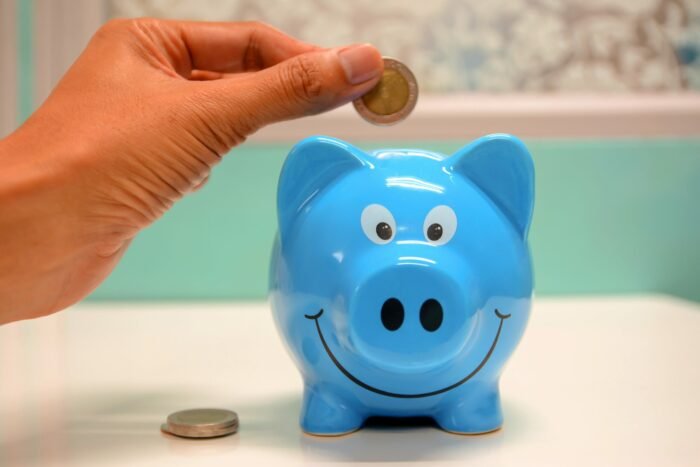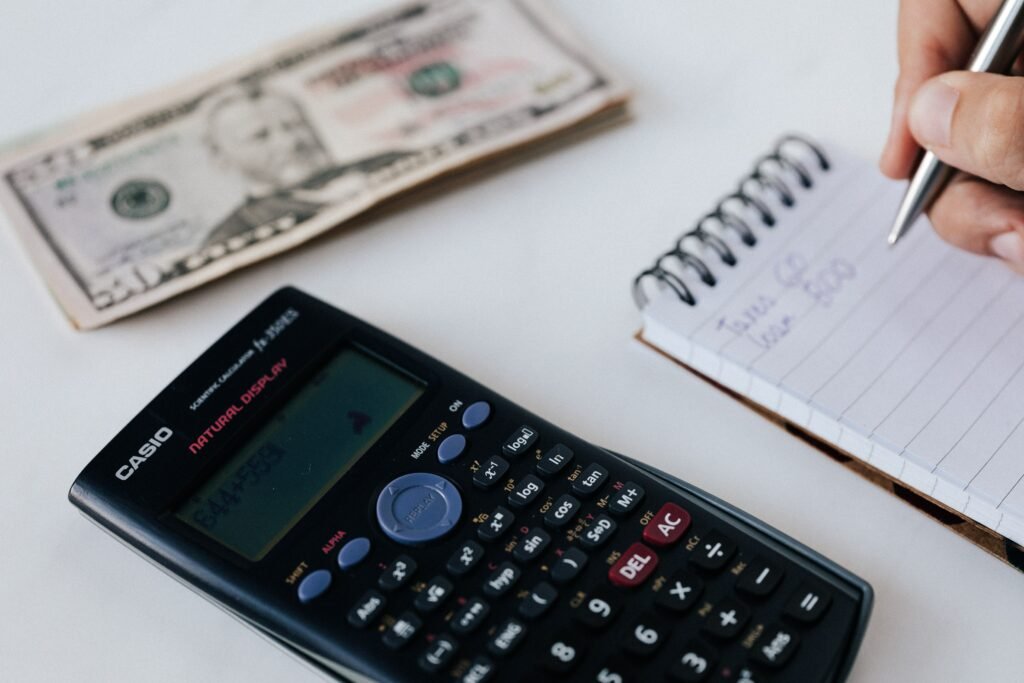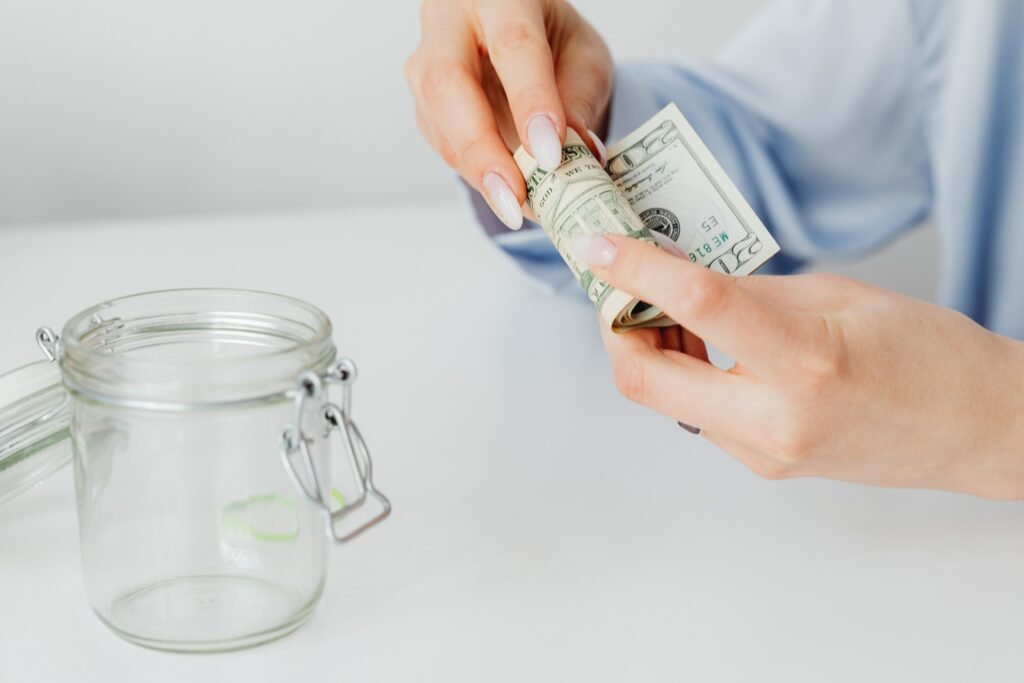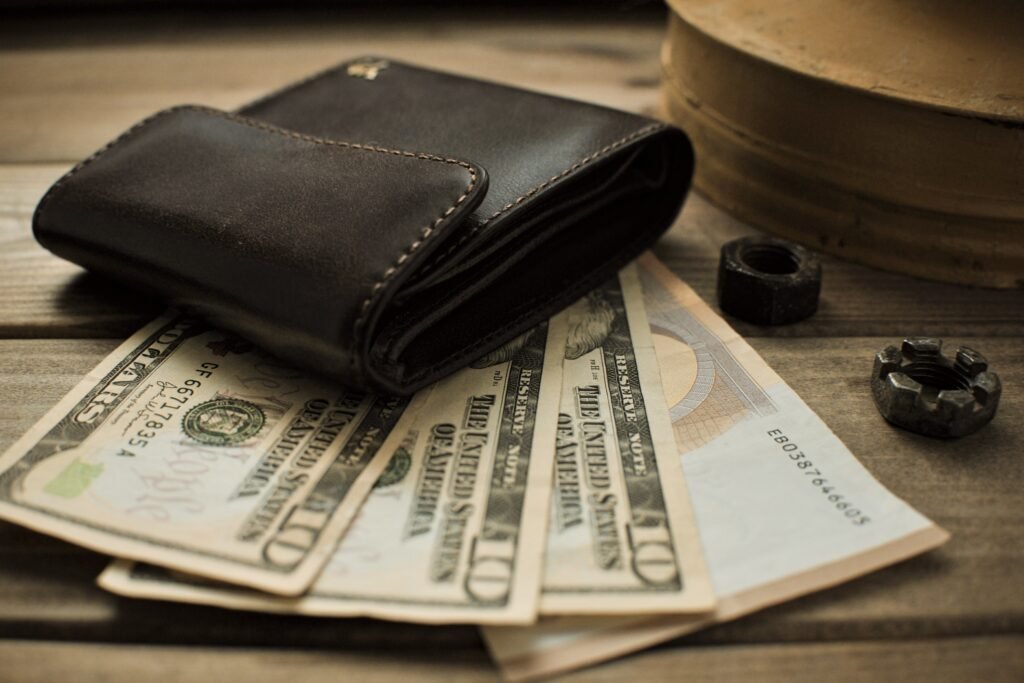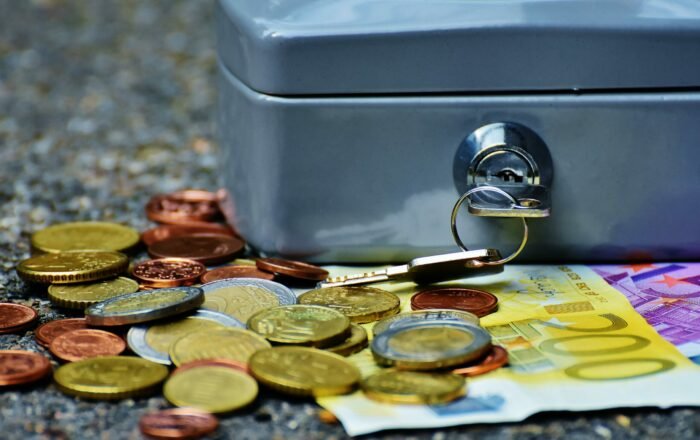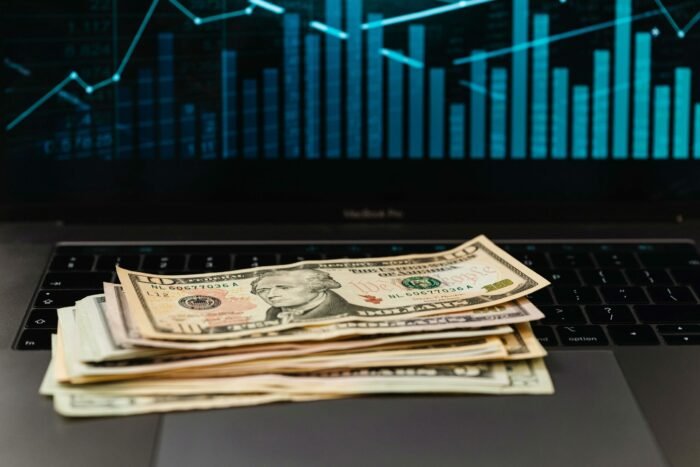Financial security and stability are essential in the unpredictably chaotic world of today. The creation of an emergency fund is an essential component of thorough financial management. This essay examines the value of emergency funds, the reasons why everyone needs them, and the best ways to create and manage them.
The Importance of Emergency Funds in Comprehensive Financial Management
Key Takeaways:
- The significance of emergency savings in thorough financial planning.
- Offers monetary security and mental tranquility.
- Assists in handling unforeseen costs without messing up the normal spending plan.
- Serves as a safety net in case of job loss or interruption of income.
- Lessens dependency on credit card debt and high-interest loans.
- Establish definite savings objectives and make a budget to accumulate an emergency reserve.
- Save enough money to cover your living expenses for three to six months.
- Track development and commemorate achievements to maintain motivation.
- Put emergency savings before repaying high-interest bills.
- Steer clear of utilizing credit cards as your only emergency money.
- To improve your ability to save, think about making little lifestyle changes.
- Look for alternative sources of income to increase savings.
- Consider your own situation while adjusting your savings objectives.
By incorporating these important lessons into your financial management strategy, you can build a strong emergency fund that offers financial security and enables you to confidently deal with unforeseen bills and financial difficulties.
What is an Emergency Fund?
A designated sum of money set aside specifically to handle unforeseen costs or financial emergencies is known as an emergency fund. It serves as a safety net to shield people and their families from unanticipated occurrences like medical emergencies, job losses, car repairs, or maintenance concerns in the home. A financial cushion that offers comfort during trying times is what an emergency fund is like.
Why should You have an Emergency Fund?
1. Financial stability: Having an emergency fund gives you peace of mind since you know you will always have money on hand. It eliminates the requirement to rely on credit cards, loans, or borrowing from friends and family, all of which can cause debt and deteriorate interpersonal interactions.
2. Dealing with Unexpected Expenses: Unexpected expenses can happen at any time, and life is full of surprises. Having an emergency fund enables you to cover unforeseen costs, such as a large car repair bill or an unexpected medical expenditure, without jeopardizing your regular spending plan or long-term savings.
3. Employment Loss and Income Interruptions: In the competitive employment market of today, nobody is safe from the potential of losing their job or experiencing an income interruption. With the help of an emergency fund, you can keep up with your bills while looking for work or while you’re waiting for your next paycheck.
4. Avoiding Debt and High-Interest Loans: When faced with unforeseen financial requirements, many people turn to credit cards or high-interest loans rather than having an emergency fund. Long-term financial objectives may be more challenging to reach as a result of this debt cycle. Having an emergency fund helps you use these pricey borrowing methods less frequently.
5. Peace of Mind: Stress and anxiety can be greatly diminished by knowing that you have a financial safety net. Without constantly worrying about how to deal with unplanned bills or emergencies, it enables you to concentrate on other elements of your life.
How Much Should You Save in an Emergency Fund?
The amount you ought to set aside for emergencies depends on a number of things, such as your monthly spending, your level of economic stability, and your unique situation. Financial experts often advise saving three to six months’ worth of living expenses as a minimum in an emergency fund.
However, in other cases a higher budget can be necessary. For instance, people with dependents or erratic income streams may need to save more. Consider your monthly costs, debts, and the consistency of your income while evaluating your personal position.
How to Build an Emergency Fund?
Building an emergency fund requires discipline and consistent saving. Here are some steps to help you get started:
1. Establish Specific Objectives: Decide how much money you want to save and when you want to do it. You’ll feel motivated and have a feeling of direction if you have a clear objective.
2. Make a budget: Examine your income and outgoing costs to determine where you can make savings and spending cuts. Set aside a portion of your salary for an emergency fund and treat it like any other expense.
3. Automate Savings: Set up an automatic transfer from your main checking account to an account specifically designated for your emergency fund. This makes sure that you constantly save money without being tempted to spend it elsewhere.
4. Reduce Unnecessary Expenses: Identify superfluous expenses or discretionary spending that you can temporarily cut back on or eliminate. Small changes to your way of life might have a big impact on your ability to save for an emergency fund.
5. Increased Income: Look at ways to boost your earnings, such taking on a side job or freelancing. Spend the extra money on your emergency fund to hasten its expansion.
6. Reducing Luxuries: While it’s crucial to enjoy life, temporarily reducing your luxury spending will enable you to save money more quickly. Consider making changes to your discretionary spending until you’ve attained your emergency fund target.
7. Save Windfalls: Refrain from overspending if you receive a windfall of money, such as a tax refund or a bonus, and instead put it straight into your emergency fund. These unexpected gains could substantially increase your fund.
8. Reduce Debt: Pay off high-interest bills first, such credit card debt or personal loans. You can put more money toward your emergency savings by lowering your financial obligations.
9. Track Your Progress: Keep tabs on how far you’ve come toward accumulating an emergency fund. Celebrate progress along the road to keep saving motivated and inspiring.
10. Avoid Temptation: Refrain from spending money from your emergency fund on things that are not absolutely necessary. Keep the money distinct from your regular accounts to limit access to it and preserve its purpose.
FAQs about Emergency Funds
What if I don’t have any extra money to save for an emergency fund?
Finding ways to save is essential, regardless of how little. Think about modifying your spending plan, reducing frivolous costs, or looking into potential new sources of revenue. Even a tiny amount of money set aside each month can help you accumulate an emergency fund over time.
Should I invest my emergency fund?
In general, it’s not a good idea to invest an emergency fund in risky assets because it should be easily available in case of emergencies. Keep the money in a money market fund or high-yield savings account so that it can earn interest while still being immediately available.
How do I know when to use my emergency fund?
Only use your emergency money in cases of true crises and unforeseeable events. Based on how it will affect your financial security and general well-being, evaluate the scenario. It may be wise to use funds from your emergency fund if doing so won’t severely compromise your capacity to fulfill long-term financial goals or your ability to satisfy basic needs.
Should I prioritize my emergency fund over paying off debt?
It’s often advised to establish a balance between paying off high-interest debt and setting aside money for emergencies. Consider drafting a strategy that concurrently addresses the two objectives. Debt repayment eases financial strain, and having an emergency fund guards against unforeseen costs.
Can I use my credit card as an emergency fund?
It can be dangerous to only use credit cards for emergencies because doing so could result in high-interest debt. Credit cards can offer short-term relief, but in order to avoid the long-term effects of building up credit card debt, it’s crucial to establish a separate emergency fund.
What if I exhaust my emergency fund?
It’s critical to begin replenishing your emergency fund as soon as you exhaust it. Consider the causes of the depletion and change your spending or income to put saving first. Rebuild a stronger emergency fund going forward by taking lessons from this event.
Conclusion
It is impossible to emphasize the significance of an emergency fund in complete financial management. It acts as a key safety net, ensuring financial stability, guarding against unforeseen costs, and minimizing debt dependence. Individuals and families can handle financial calamities with assurance and peace of mind by actively building and maintaining an emergency fund.
